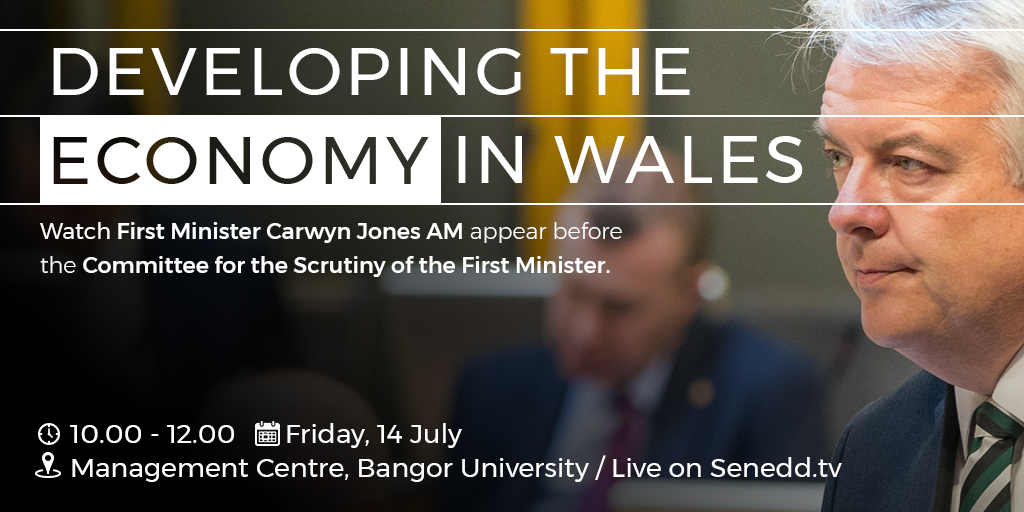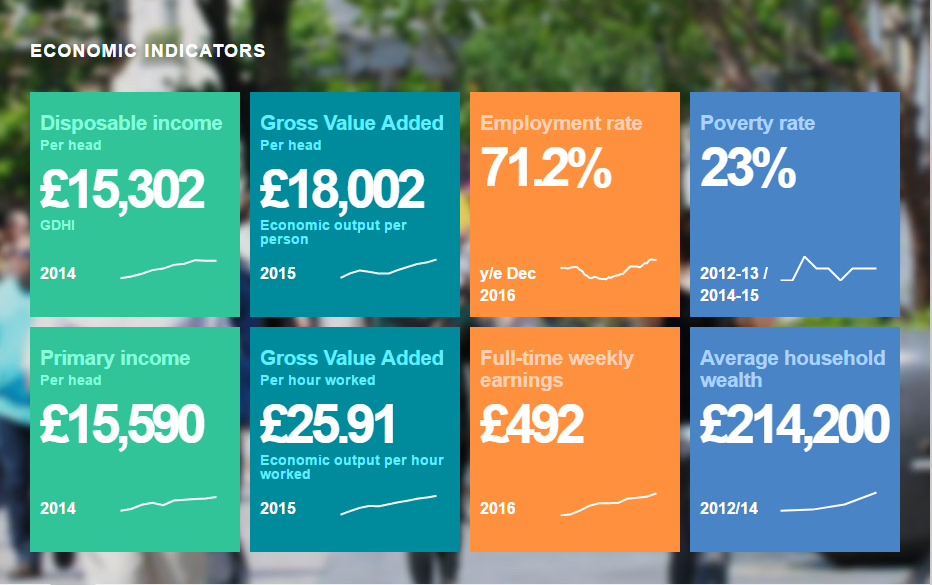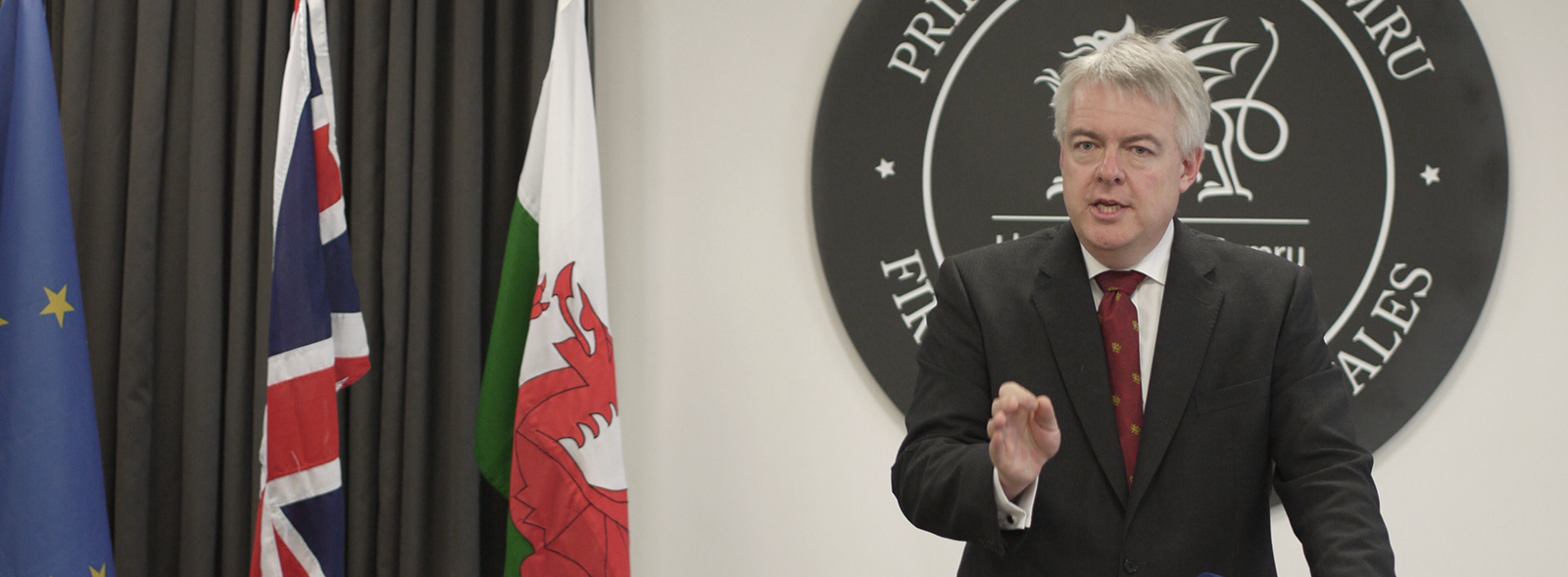The Assembly Committee responsible for scrutinising the First Minister, Carwyn Jones, will meet to examine the Welsh Government’s approach to economic development.
First Minister Carwyn Jones AM will be appearing before the Committee for the Scrutiny of the First Minister from 10.00 until 12.00 on Friday, 14 July in the Management Centre at Bangor University. For this meeting the Committee will be focusing on the Welsh Government’s approach to developing the economy in Wales.
The Committee will also discuss other topical issues with the First Minister and would welcome suggestions of issues of major importance in North Wales to raise. If you would like something to be discussed, you can suggest a topic in advance.
For this meeting the Committee will be focusing on the Welsh Government’s approach to developing the economy in Wales.
The Committee will also discuss other topical issues with the First Minister and would welcome suggestions of issues of major importance in North Wales to raise. If you would like something to be discussed, you can suggest a topic in advance.
The economy in Wales – an overview
Ahead of the development of a new Economic Strategy for Wales later in the year, the Committee will be raising issues of key importance with the First Minister. The strategy is being developed at a point when the Welsh economy faces a number of challenges, some of which are shared with the rest of the UK and some of which are unique to Wales:- Wales has the lowest Gross Value Added (GVA – a measure of economic output) per person. Wales has a lower Gross Value Added (GVA) per person when compared with the other devolved nations and regions of England.
- Many communities still struggle with the effects of deindustrialisation, and poverty and inequality are persistent challenges.
- The short and longer-term impacts of Brexit on the economy remain highly uncertain.
The Welsh Government has developed and published a range of high-level indicators to monitor the overall performance of the Welsh economy. The rationale behind this is to reflect the outcomes most important to the people of Wales, and to give a more comprehensive picture than a single indicator can provide.

- Prosperous and secure - including commitments relating to business and enterprise, inward investment, employment, and the rural economy.
- United and connected – which includes measures to establish a National Infrastructure Commission, improve roads and public transport, improve digital connectivity, and promote a ‘fair’ society.
 Ministers have previously talked about supporting an “arc of prosperity centred in Wales that maximises the opportunities from Holyhead to Wrexham and on to Liverpool, Manchester, Leeds and beyond”. Work to create this could include a number of initiatives such as: the North Wales Economic Ambition Board, the Mersey Dee Alliance, the mooted ‘growth deal’ for North Wales and links to the UK Government’s northern powerhouse initiative.
Transport
Ministers have previously talked about supporting an “arc of prosperity centred in Wales that maximises the opportunities from Holyhead to Wrexham and on to Liverpool, Manchester, Leeds and beyond”. Work to create this could include a number of initiatives such as: the North Wales Economic Ambition Board, the Mersey Dee Alliance, the mooted ‘growth deal’ for North Wales and links to the UK Government’s northern powerhouse initiative.
Transport
 Transport infrastructure and services, including roads and rail, play a major role in supporting the economy. Concerns are regularly raised about current capacity on the A55 in North Wales, the Menai crossings and the M4 in South Wales. Rail infrastructure is not devolved but the Welsh Government has powers to invest in it to meet Welsh needs. Work to electrify the mainlines in North and South Wales, as well as the proposed North and South Wales Metro projects, are key issues.
Ports
Transport infrastructure and services, including roads and rail, play a major role in supporting the economy. Concerns are regularly raised about current capacity on the A55 in North Wales, the Menai crossings and the M4 in South Wales. Rail infrastructure is not devolved but the Welsh Government has powers to invest in it to meet Welsh needs. Work to electrify the mainlines in North and South Wales, as well as the proposed North and South Wales Metro projects, are key issues.
Ports
 The First Minister has previously expressed concern about the implications for Welsh Ports following Brexit, suggesting that an open border between Northern Ireland and the Republic of Ireland, with customs checks imposed elsewhere between the UK and Ireland, could place Welsh ports at a competitive disadvantage.
Energy
The First Minister has previously expressed concern about the implications for Welsh Ports following Brexit, suggesting that an open border between Northern Ireland and the Republic of Ireland, with customs checks imposed elsewhere between the UK and Ireland, could place Welsh ports at a competitive disadvantage.
Energy
 A statement on Energy by the Cabinet Secretary for Environment and Rural Affairs in December 2016 set out the Government’s priorities and ambitions regarding energy, including a transition to a low carbon economy. The Anglesey Energy Island programme encompasses a wide range of projects including offshore wind, nuclear, biomass, and a science park. The programme aspires to create jobs, growth and prosperity for the region, and for Wales more generally.
Skills policy
A statement on Energy by the Cabinet Secretary for Environment and Rural Affairs in December 2016 set out the Government’s priorities and ambitions regarding energy, including a transition to a low carbon economy. The Anglesey Energy Island programme encompasses a wide range of projects including offshore wind, nuclear, biomass, and a science park. The programme aspires to create jobs, growth and prosperity for the region, and for Wales more generally.
Skills policy
 The previous Welsh Government placed a strong emphasis on skills, publishing a 10-year skills plan and performance measures. A new all-age employability skills programme will, from April 2018, bring together previous skills programmes including Jobs Growth Wales, ReAct and Traineeships. An updated strategy document on apprenticeships was also published in February 2017, with the target of creating at least 100,000 all-age apprentices during this Assembly term.
The previous Welsh Government placed a strong emphasis on skills, publishing a 10-year skills plan and performance measures. A new all-age employability skills programme will, from April 2018, bring together previous skills programmes including Jobs Growth Wales, ReAct and Traineeships. An updated strategy document on apprenticeships was also published in February 2017, with the target of creating at least 100,000 all-age apprentices during this Assembly term.
How can I watch?
You are welcome to come and watch the Committee proceedings in person. Let us know via our booking line. If you can’t make it in person, the meeting will be available to watch live on Senedd.TV or you can catch-up after the event. If you live or work in North Wales what issues do you care about most? You can tweet us suggestions @AssemblyWales, leave a comment on our Facebook Page or e-mail the committee directly - ScrutinyFM@assembly.wales.What does the committee do?
The National Assembly for Wales has several committees made up of Assembly Members from different political parties, whose job it is to examine different subjects in detail, i.e. health, education and culture. One of their functions is to carry out detailed investigations into the policies and performance of the Welsh Government. They do this by asking for views from the public and by getting input from experts, charities and other organisations. They also regularly question Welsh Government Cabinet Secretaries and Ministers. The Committee for the Scrutiny of the First Minister meets once a term to explore specifically what the First Minister is doing in his role of overseeing the functions and performance of the Welsh Government. Here are the Assembly Members who make up the Committee. The chair of the Committee is the Deputy Presiding Officer Ann Jones AM. The membership of the Committee consists of the chairs of the other committees of the Assembly.| Ann Jones AM (Chair) Welsh Labour | Jayne Bryant AM Welsh Labour |
| Huw Irranca-Davies AM Welsh Labour | Russell George AM Welsh Conservatives |
| John Griffiths AM Welsh Labour | Mike Hedges AM Welsh Labour |
| Bethan Jenkins AM Plaid Cymru | Dai Lloyd AM Plaid Cymru |
| Lynne Neagle AM Welsh Labour | Nick Ramsay AM Welsh Conservatives |
| Simon Thomas AM Plaid Cymru | David Rees AM Welsh Labour |
What does the First Minister do?
The First Minister of Wales is the leader of the Welsh Government and is appointed by HM The Queen following nomination by Assembly Members in the Senedd. The First Minister's responsibilities include:
The First Minister's responsibilities include:
- appointing the Cabinet of Welsh Ministers, Deputy Ministers and the Counsel General who comprise the Welsh Government;
- chairing Cabinet meetings;
- leading policy development and delivery;
- managing relationships with the rest of the UK and internationally;
- representing the people of Wales on official business, and
- staffing of the Welsh Government.


